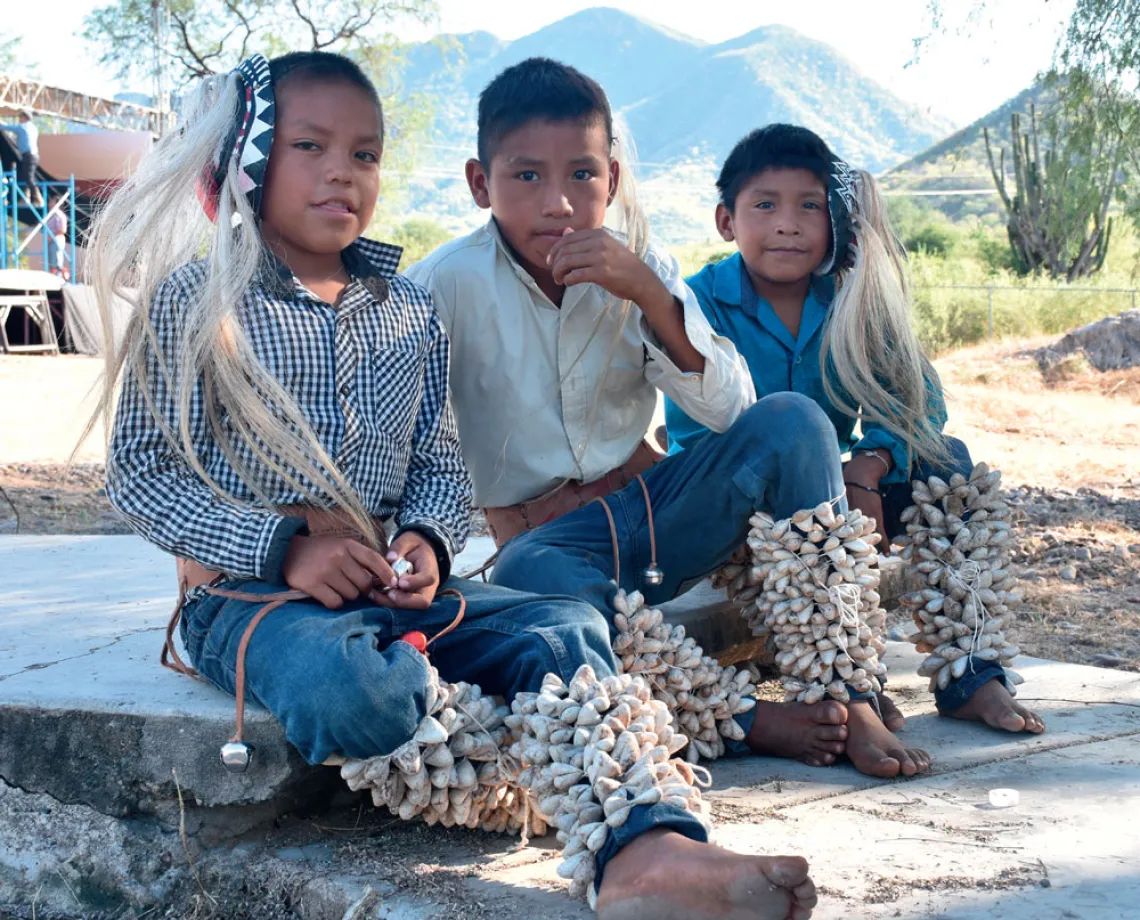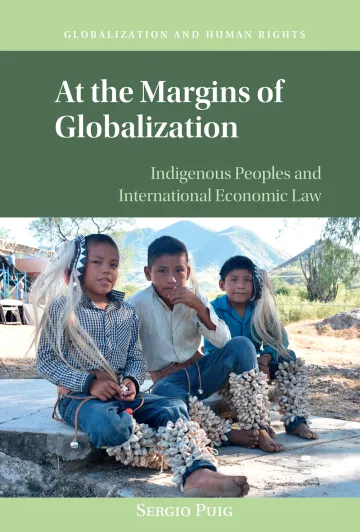Recentering Globalization on Indigenous Rights
Professor Sergio Puig’s new book bridges the gap between two seemingly disparate fields


Business interests and human rights are often seen as being at odds with each other, but when the desires and aspirations of indigenous peoples are integrated into decision-making, positive outcomes are possible for all. That’s the case made by University of Arizona James E. Rogers College of Law Professor Sergio Puig in his new book, “At the Margins of Globalization: Indigenous Peoples and International Economic Law” (Cambridge University Press).
Puig seeks to move indigenous peoples’ rights from the margins of international economic law to the center of the discussion.
“At the Margins of Globalization” explores how indigenous peoples are affected by globalization and suggests solutions for the future. The book explains how indigenous rights provisions have already been included in international trade and investment agreements and how to build from that success.
“It’s time to find sustainable solutions that address the most vulnerable people,” says Puig, who is director of University of Arizona Law’s International Trade and Business Law program and is co-founder of TradeLab.org, an organization facilitating free legal assistance related to international trade and investment matters. He notes that the COVID-19 pandemic and ongoing climate crisis make the need for change even more urgent.
Puig was inspired to pursue this topic after trips abroad with University of Colorado Law School Dean and former Arizona Law professor S. James Anaya. The pair traveled to Costa Rica to observe regulations being developed to protect indigenous peoples and to Mexico, where a wind farm was impacting local indigenous communities.
Watch: Sergio Puig discusses his book "At the Margins of Globalization: Indigenous Peoples and International Economic Law" with S. James Anaya
“There is a need to better understand how business law and indigenous rights share space,” Puig says. “What are the limits of the rights of investors and traders when they are in the territory or in the presence of indigenous peoples? Very little has been written about his. I was very excited to take on this project in part because I felt there was an opportunity to make a contribution. These two areas of law often seem separate, but they’re actually connected in deep ways.”
In the book, Puig presents a series of case studies illustrating how indigenous peoples may interact with international economic law to protect or advance their interests. He coins the phrase “international indigenous economic law” to assess the intersection between international economic law and indigenous rights and asserts that international indigenous economic law can provide a limited yet important pathway forward for improving unequal distribution of the benefits of globalization.
“Governments should be aware that while they have some commitments expressed in international economic agreements, that doesn’t mean they can ignore the duties they have toward indigenous peoples,” Puig says. “Governments have a lot of policy space to act in accordance with their commitments under international human rights law. In other words, governments shouldn’t argue without analysis that they are limited by the investment law treaties to avoid complying with their commitments toward indigenous peoples.”
Puig says he had two primary audiences in mind when writing “At the Margins of Globalization.” First, he wants indigenous rights advocates to have a better understanding of how to use international economic law to advance their interests. He also wants international economic law scholars to realize that we cannot fully understand globalization and its effects without a serious focus on indigenous peoples as an example of vulnerable populations.
“One of the book’s main points is that we need to adopt international economic agreements in a way that puts the people most affected by globalization first,” Puig says. “We need to bring these issues in from the margins in a way that puts indigenous peoples at the center of this conversation.”
